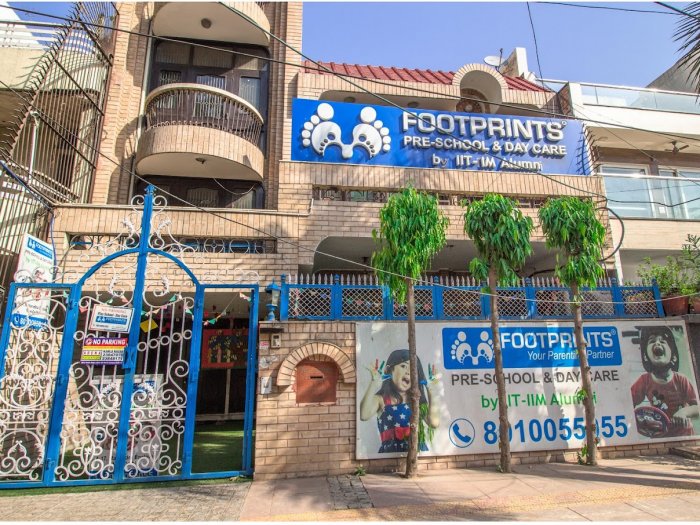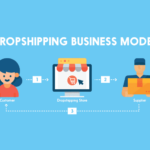As parents, it is vital to encourage the growth and development of our preschoolers. Mental health checks are important during their tender age to diagnose if they have certain mental conditions. Mental conditions could vary from person to person, and signs can be identified at a tender age like Attention Deficit Hyperactivity Disorder (ADHD). Seeking the guidance of an experienced ADHD therapist can be invaluable in this journey.
In this article, we unveil eight simple yet effective strategies, along with the importance of working with an ADHD therapist in Toronto, to help you navigate the world of parenting a preschooler with ADHD. By implementing these strategies and seeking professional assistance, you can create an environment that empowers your child to flourish, overcome obstacles, and shine uniquely. Let’s embark on this empowering journey together, unlocking the full potential of your amazing preschooler with ADHD.
1. Keep Expectations Consistent
Consistency is key in helping preschoolers with ADHD. Establish clear and achievable expectations for daily routines and behaviors. Consistent guidelines provide stability and predictability for children with ADHD, reducing their anxiety and promoting better focus. Ensure that expectations are realistic and age-appropriate, allowing room for progress and growth over time.
2. Limit Distractions
Preschoolers with ADHD can be easily overwhelmed by distractions in their environment. Create a quiet and clutter-free space for play and learning to minimize external disruptions. When engaging in activities, try to minimize competing stimuli to help your child stay focused. Simple changes, such as turning off the TV or reducing background noise, can significantly affect their attention span.
3. Provide Frequent Feedback
Positive reinforcement and frequent feedback are essential for preschoolers with ADHD. Praise their efforts and accomplishments, no matter how small, to build their self-esteem and motivation. Recognize their progress and offer gentle redirection when necessary. A supportive and encouraging approach will foster a strong parent-child bond and boost your child’s confidence.
4. Reward Good Behavior
Implementing a reward system at a daycare can be highly effective in promoting positive behavior. Use a token or star chart to track and reward good behavior, such as completing tasks or following instructions. Offer small, meaningful incentives when your child reaches specific goals. Celebrate their successes, reinforcing that effort and actions lead to positive outcomes
5. Give Them a Break
Preschoolers with ADHD may become overwhelmed or frustrated when faced with extended periods of structured activities. Schedule regular breaks throughout the day, allowing them time to recharge and refocus. Short play breaks or relaxation exercises can help reduce restlessness and support their overall well-being.
6. Use Tools and Flexible Rules
Incorporate visual aids like timers or picture schedules to help your preschooler understand and follow routines. Visual cues can make transitions smoother and reduce anxiety. Additionally, be open to flexible rules when necessary. Adjusting rules to accommodate your child’s needs will help them feel understood and supported.
7. Don’t Overload Them
Preschoolers with ADHD can easily become overwhelmed with too many tasks or activities. Focus on one task at a time and break larger tasks into smaller, manageable steps. Providing a clear structure and breaking down activities can help your child stay on track and avoid feeling overwhelmed.
8. Encourage Support
Seeking professional support and guidance is crucial for parents of preschoolers with ADHD. Connect with pediatricians, teachers, or child psychologists experienced in ADHD to develop a comprehensive plan for managing your child’s unique needs, even within a daycare in Sharon. Joining support groups with other parents facing similar challenges can also provide valuable insights and emotional support.
With these six easy methods, parents may foster a supportive and encouraging atmosphere for their child’s growth while parenting a preschooler with ADHD, which offers its own set of problems. Parents can assist their children’s development of fundamental and coping skills by using the approaches provided. You should feel free to alter these methods to meet your child’s requirements because every child is unique. Parents of preschoolers with ADHD may help them move toward an improved and more enjoyable future by being patient, empathetic, and continually supportive.












